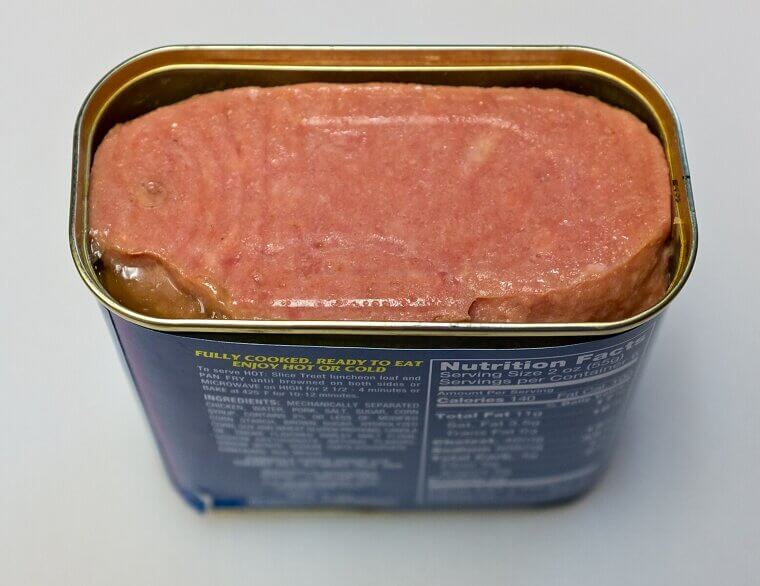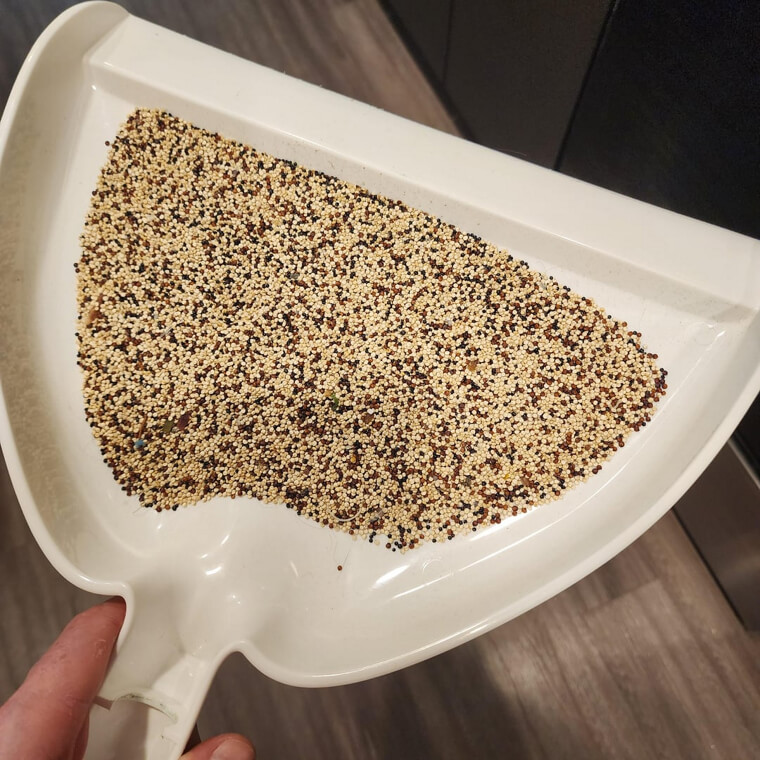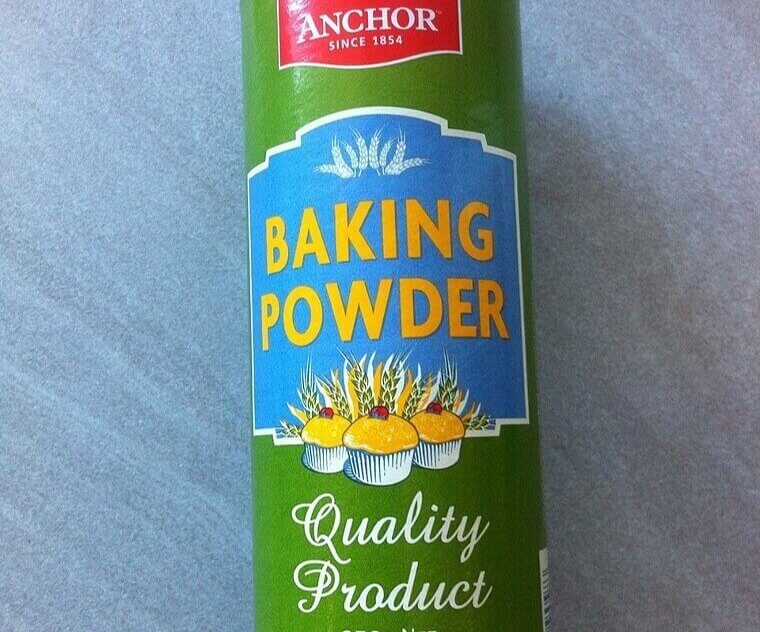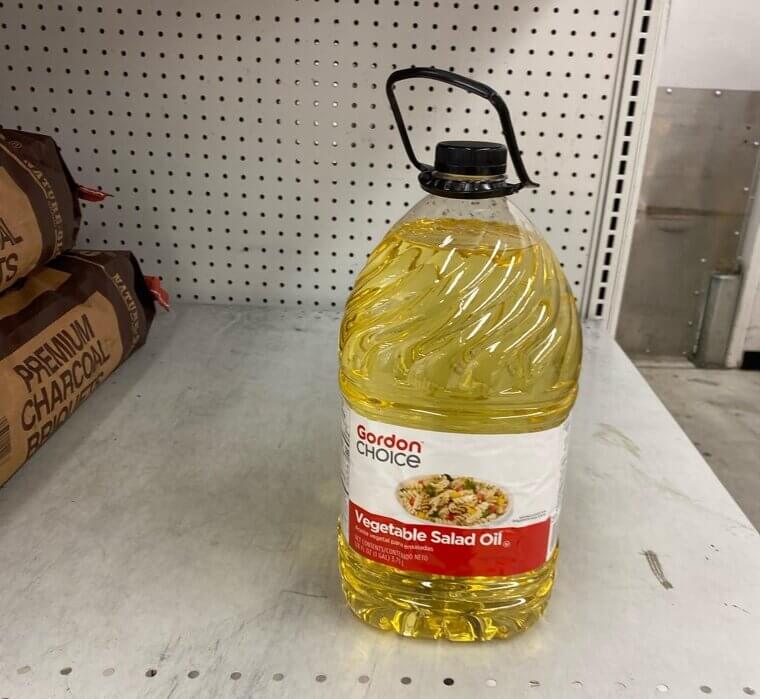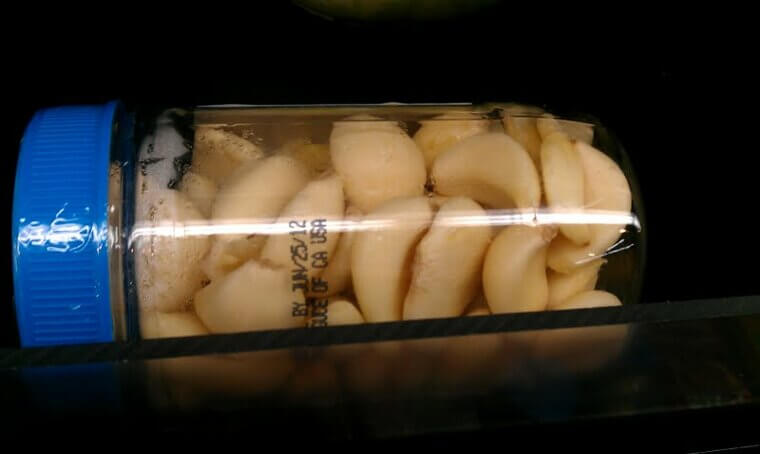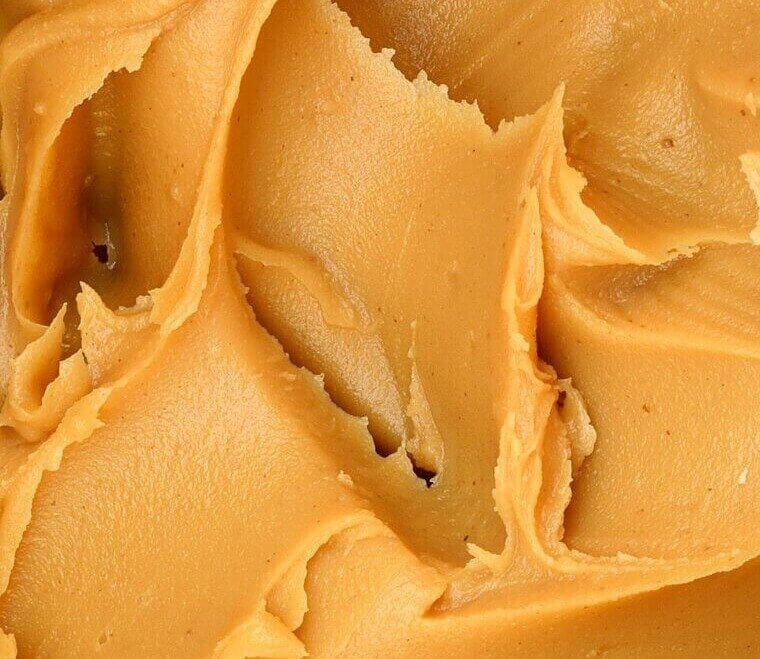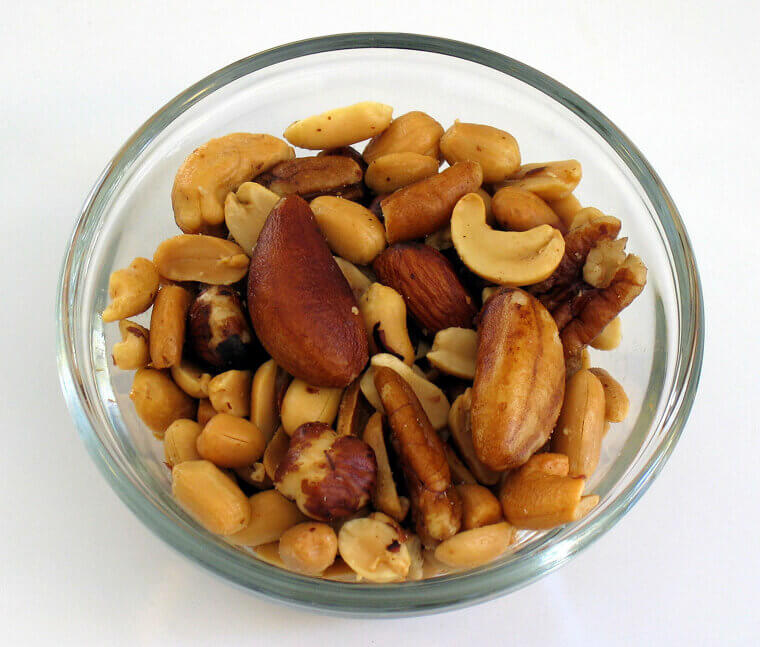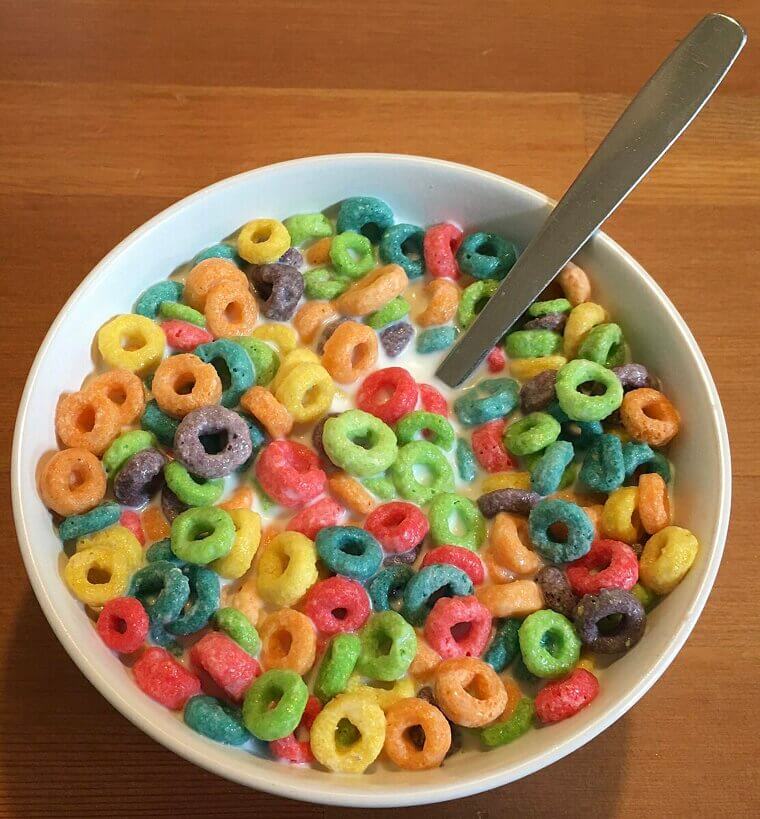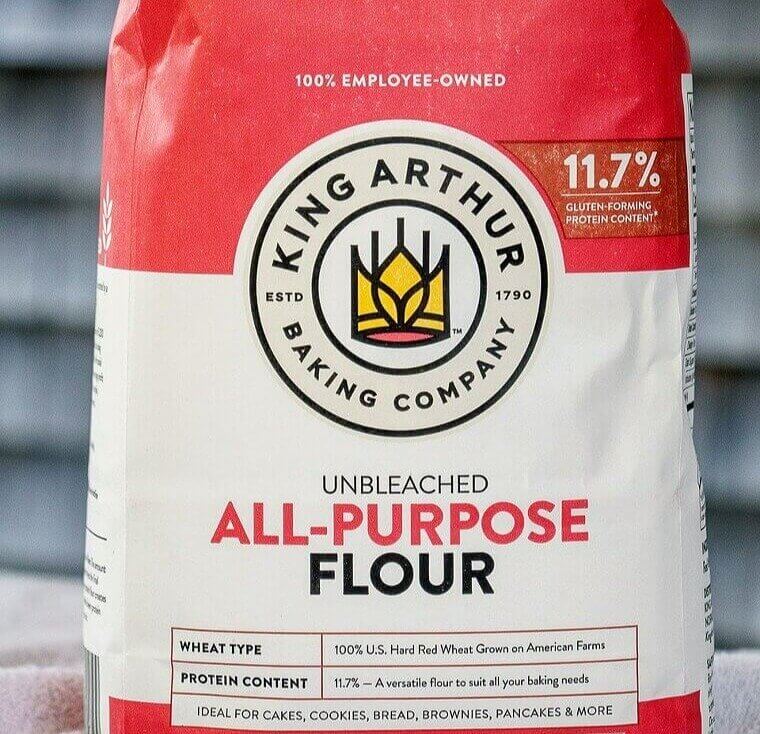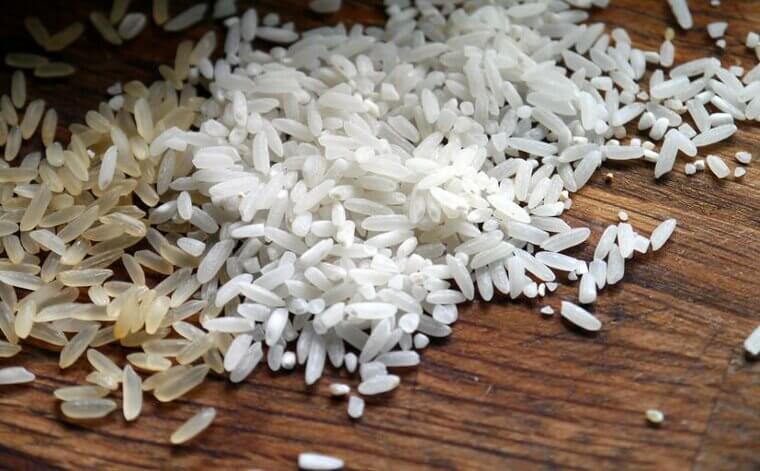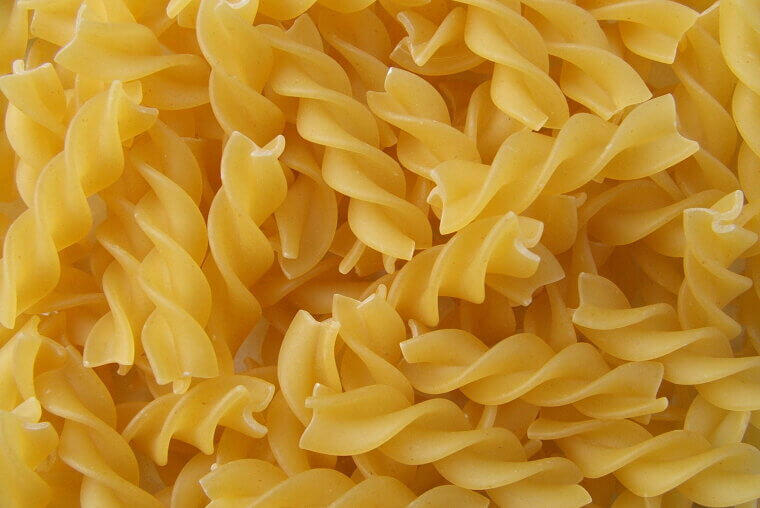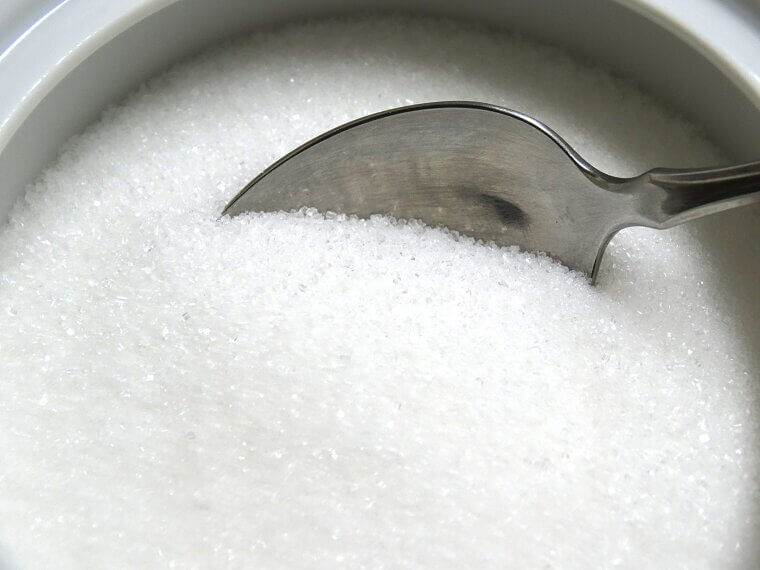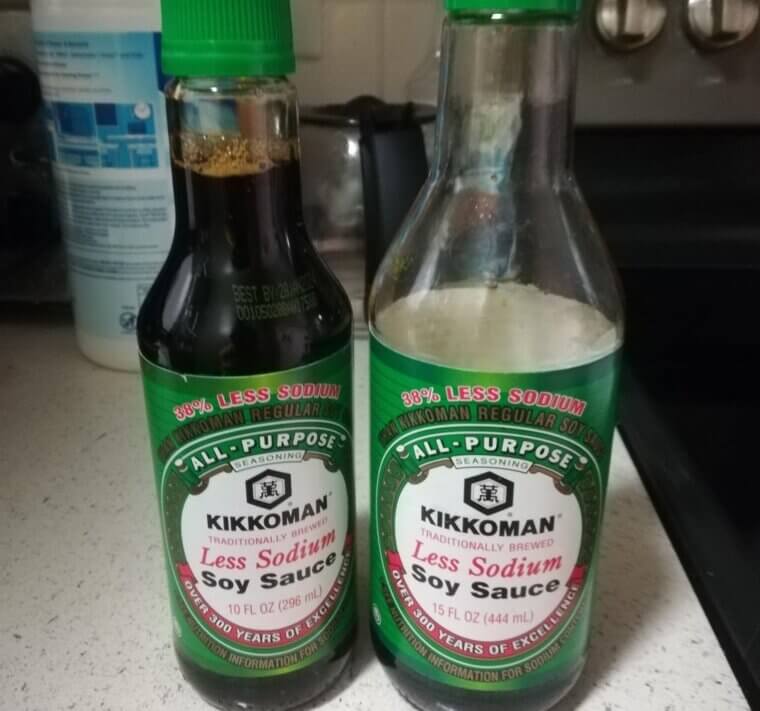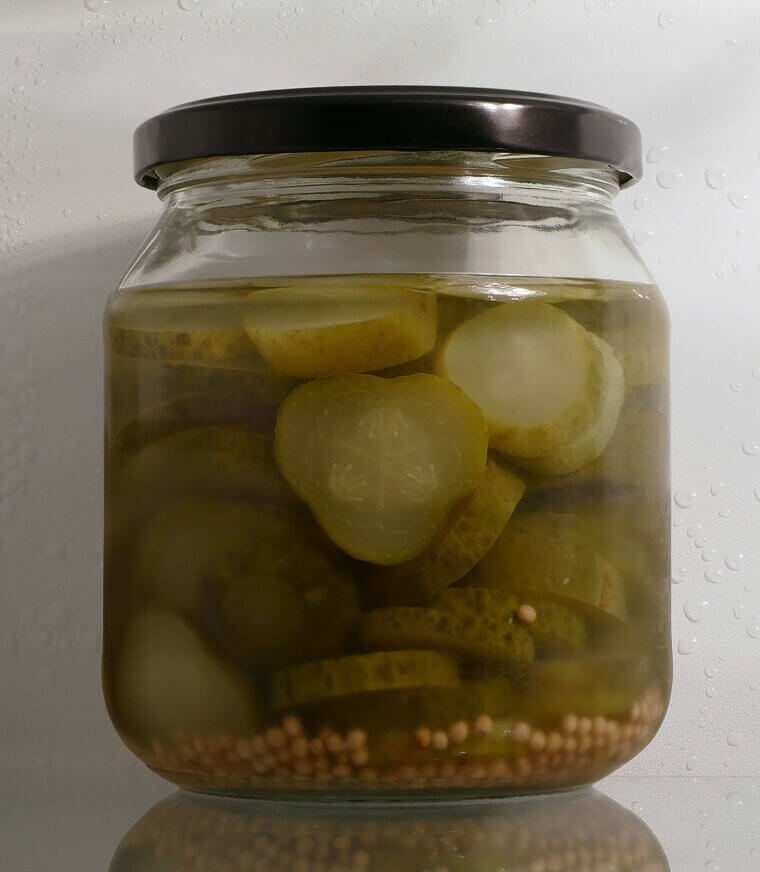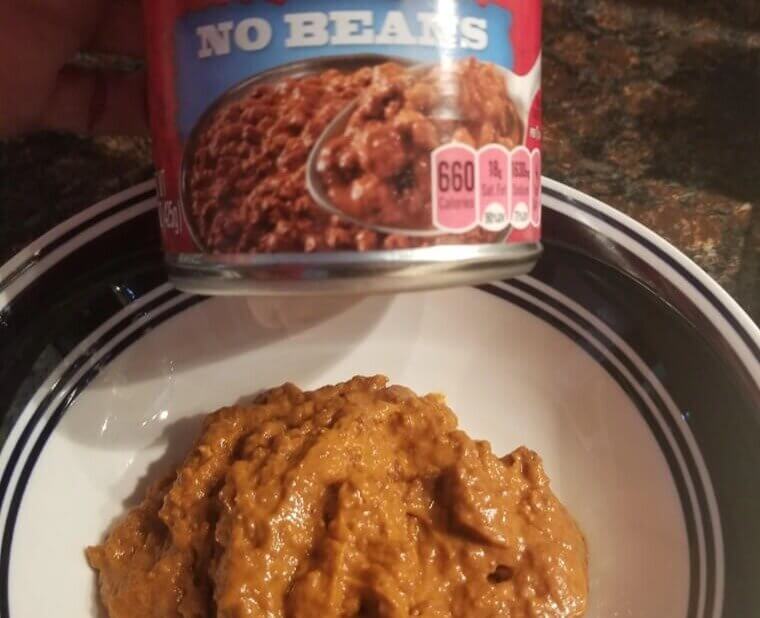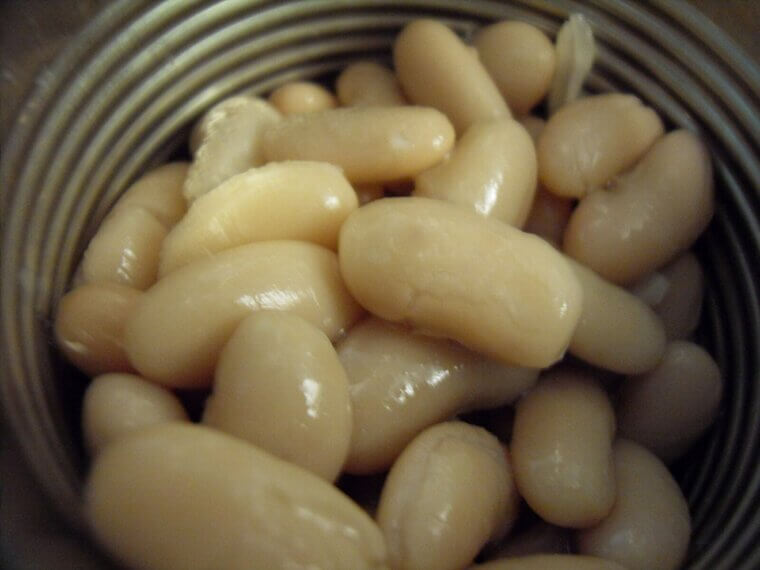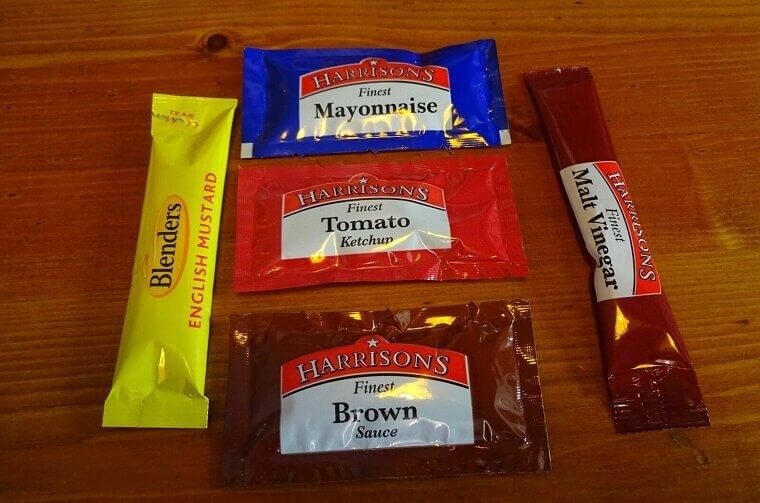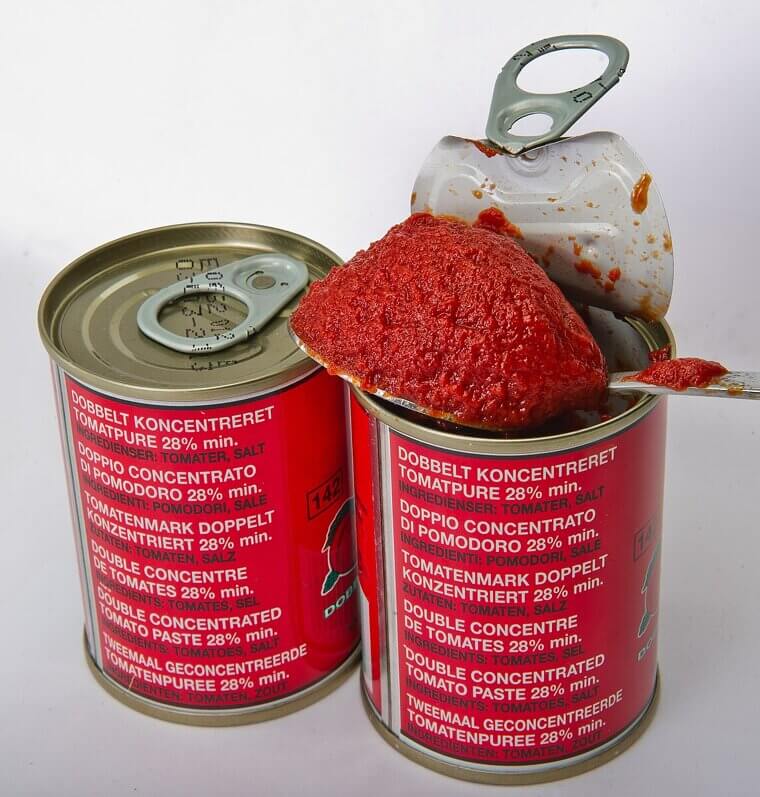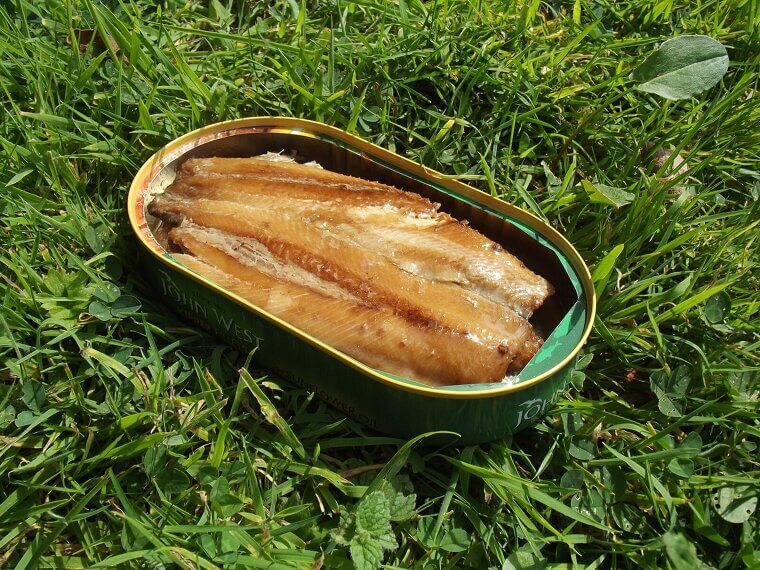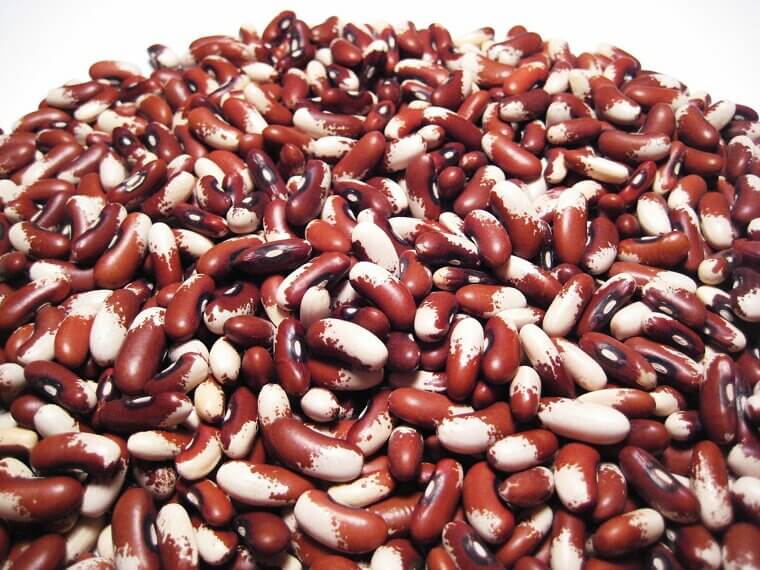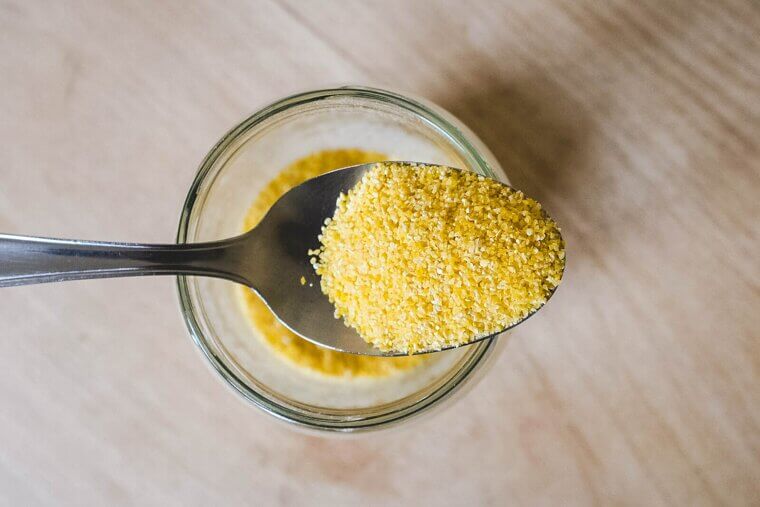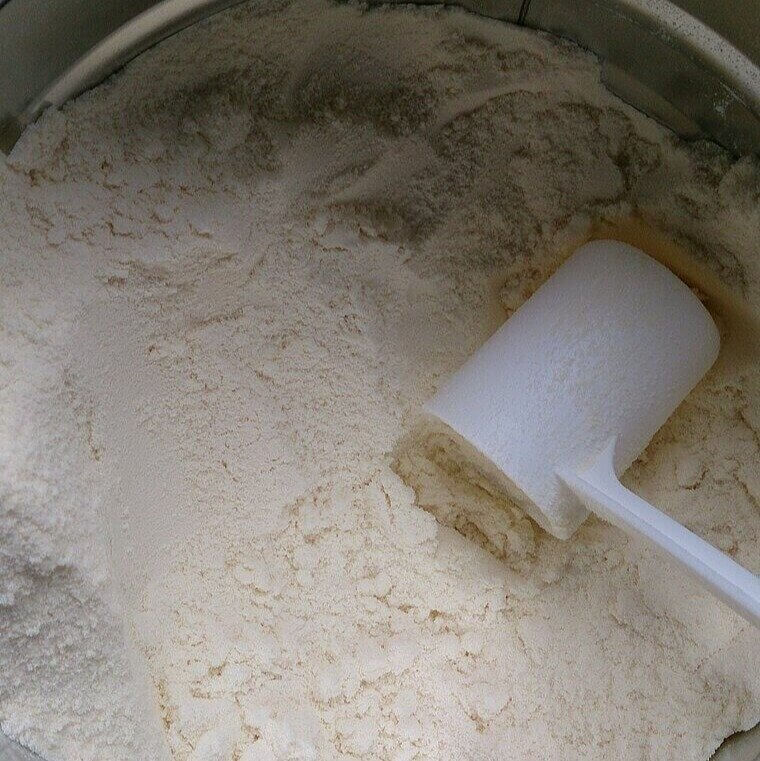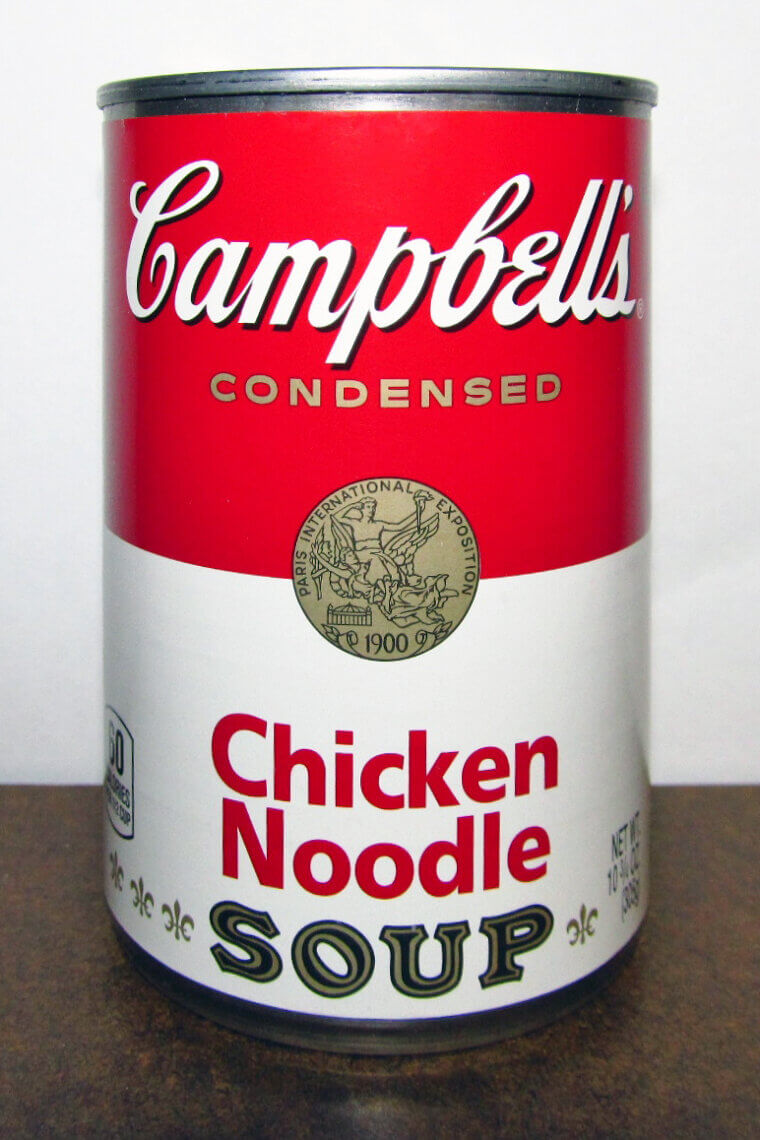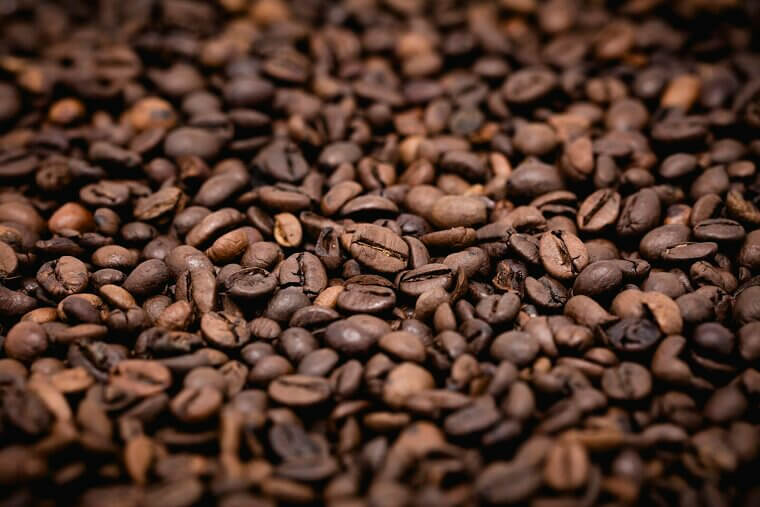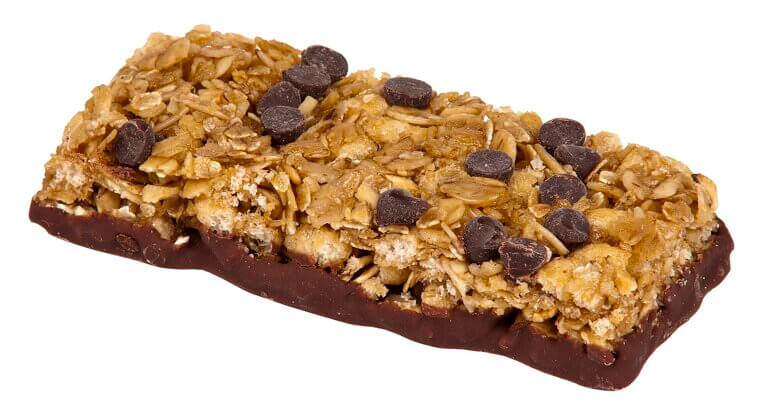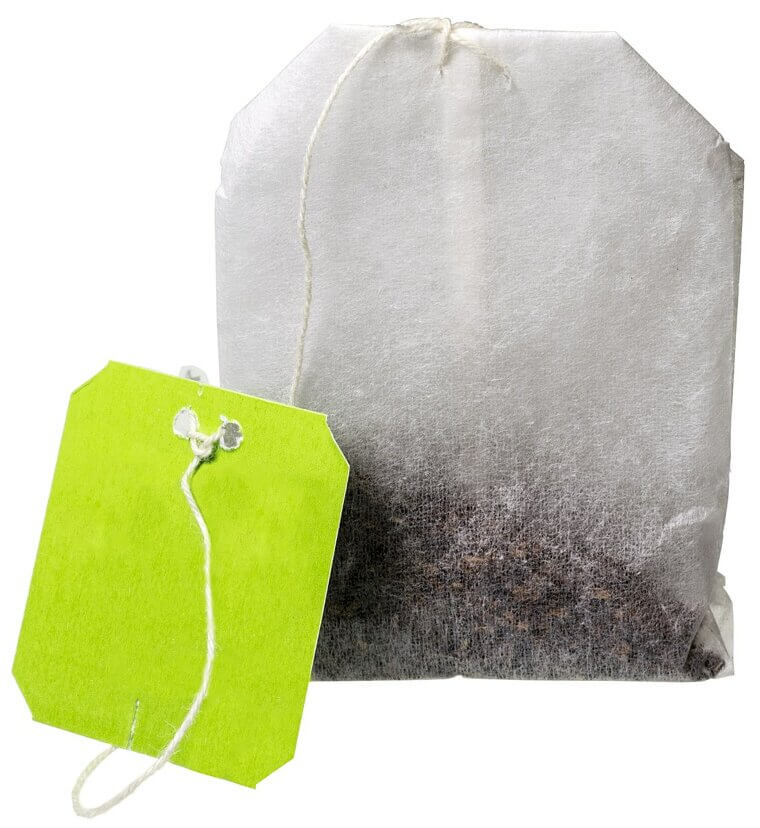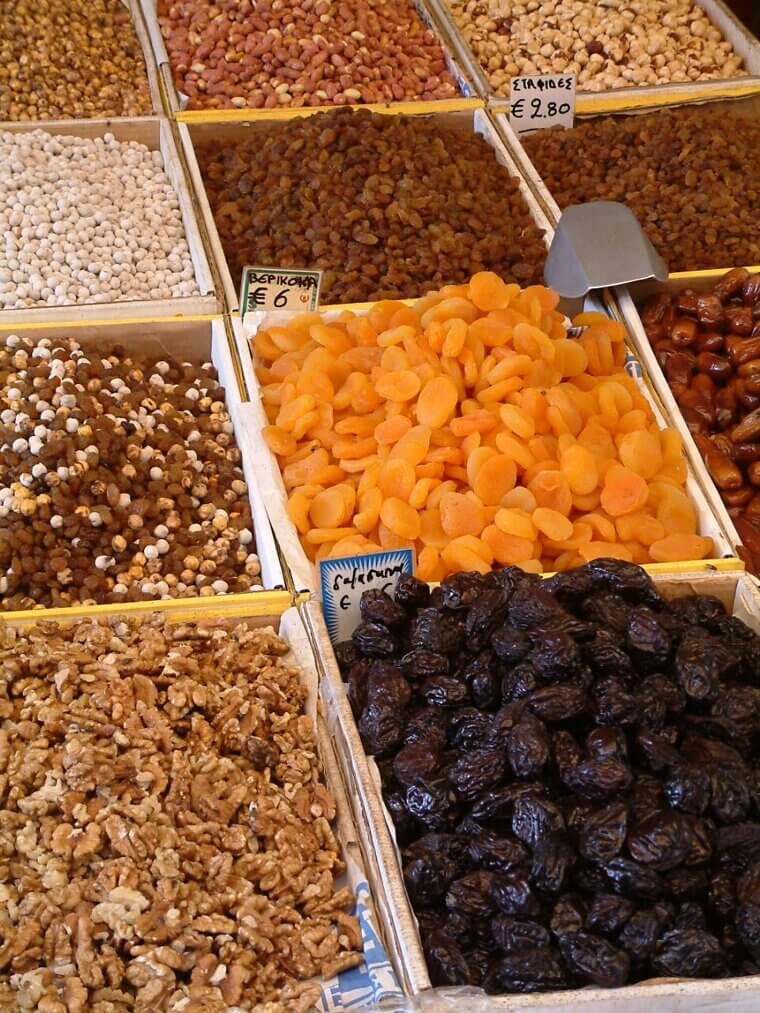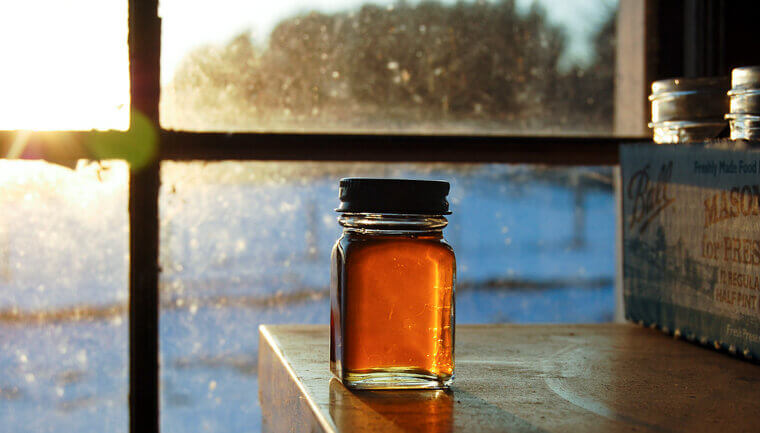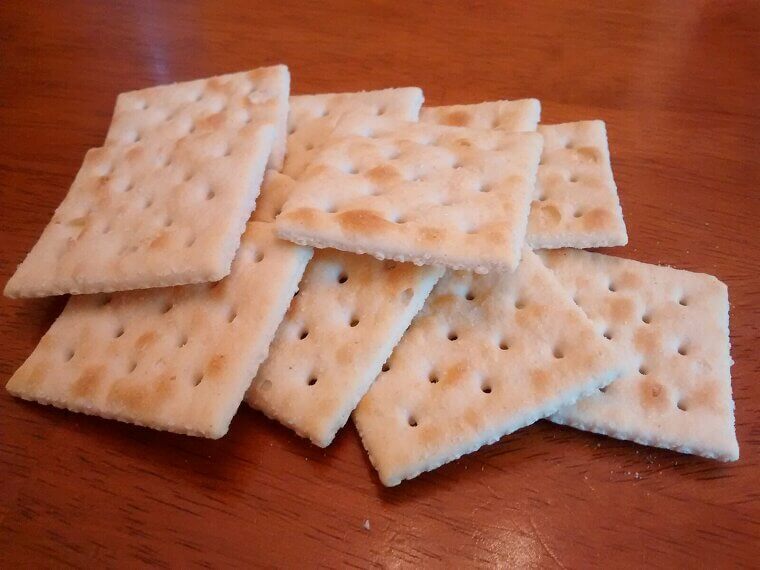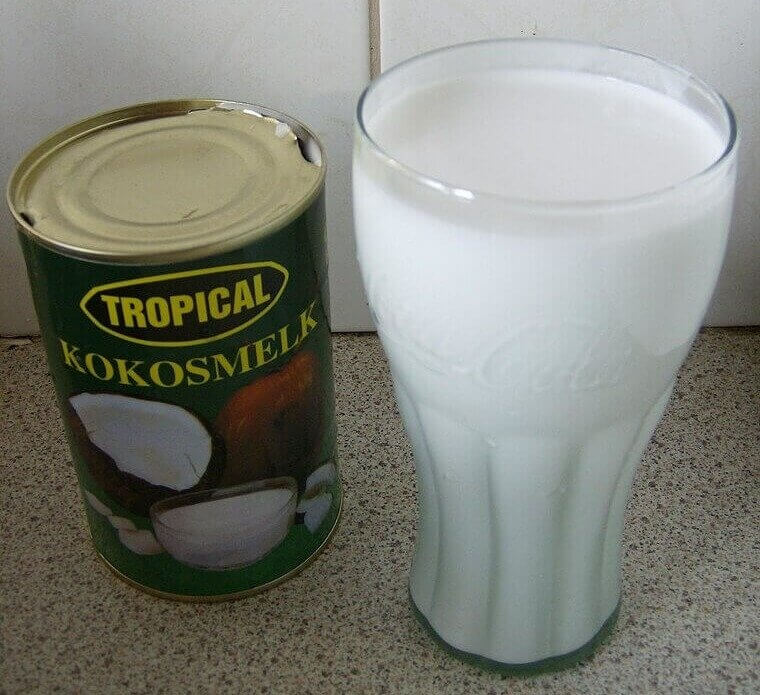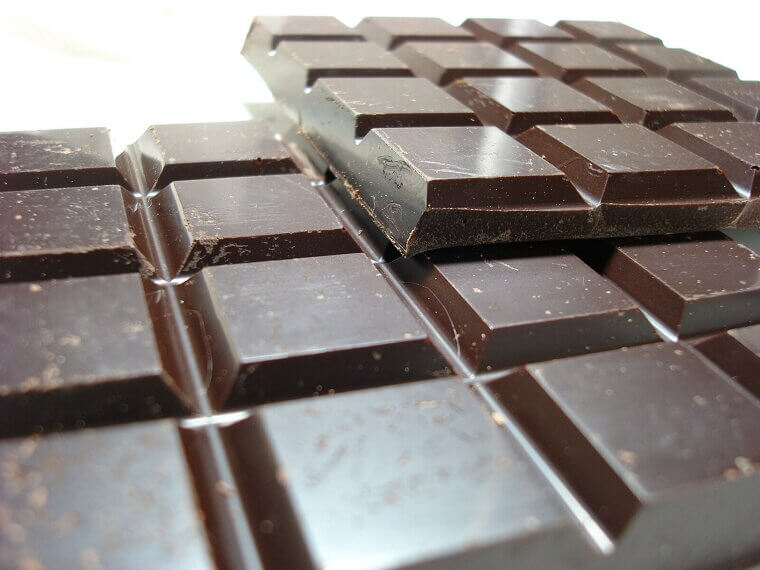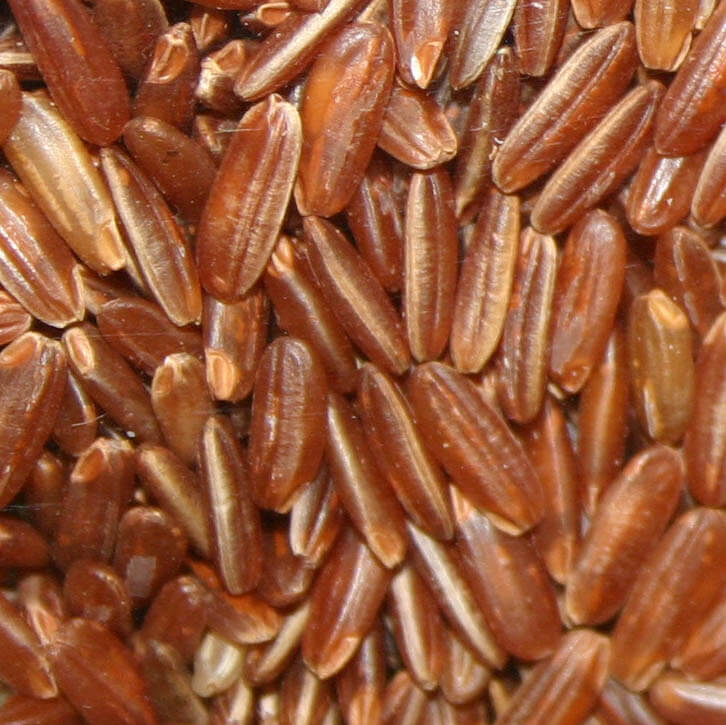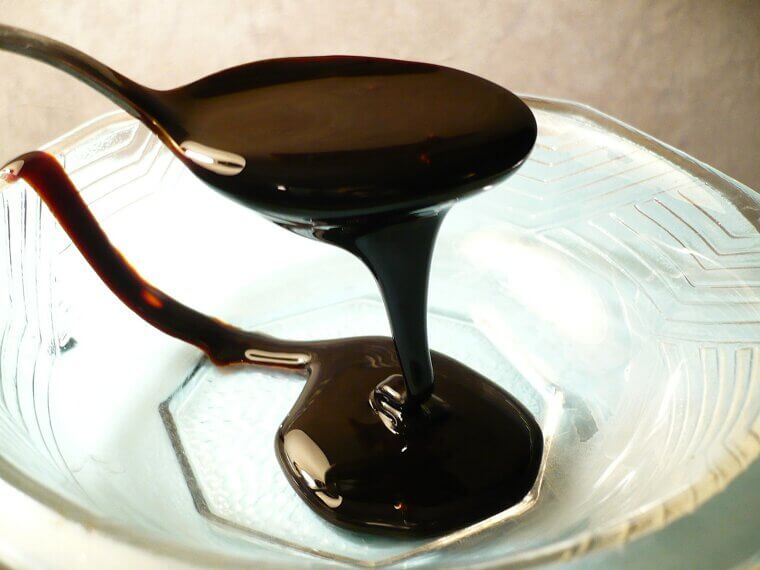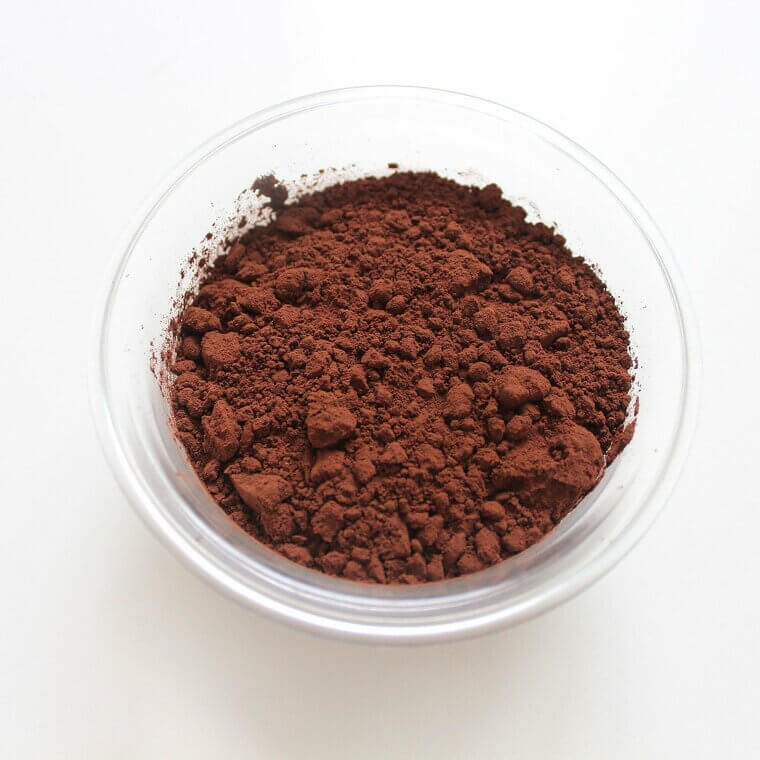Canned Meats
Canned meats are a convenient and long-lasting pantry option, especially for quick and easy protein. However, over time, their quality can deteriorate, and improper storage may lead to rusting or bulging cans, which can indicate bacterial growth.
Quinoa
Description: Hailed as a superfood for its nutrition, quinoa has a long shelf life when stored properly. But once it goes bad, the natural oils in its outer layer can turn rancid, leading to a bitter taste and unpleasant smell. Always check for off odors or discoloration before cooking.
Baking Powder
Baking powder is a staple in many pantries, but it loses its effectiveness over time. When expired, it might not provide the lift needed for baked goods. While it rarely spoils in a harmful way, old baking powder can seriously underdeliver in your recipes.
Cooking Oil
Cooking oil might seem like it lasts forever, but it can spoil before you notice. Exposure to heat, air, or light speeds up the process, leading to rancid oil that smells off and can ruin the flavor of your food.
Garlic in Jars
Pre-minced garlic in jars is super convenient, but it doesn’t last forever. Once opened, it’s prone to mold or bacterial growth if not stored properly. Expired jarred garlic can develop an off smell, strange texture, and even pose a risk of botulism in rare cases.
Peanut Butter
Peanut butter can last a long time if unopened or stored properly. However, the natural oils inside can eventually go rancid, especially in natural varieties without preservatives. Once it smells off or tastes bitter, it’s no longer safe to eat.
Nuts and Seeds
Nuts and seeds are safe to keep on the shelves for long periods of time, but their high oil content makes them prone to going rancid. Over time, they can develop a sour smell or bitter taste, especially if stored in warm or humid conditions.
Cereal
Cereal comes in all different shapes and sizes, but one thing that remains the same is that they all can lose their crunch, flavor, and safety over time. Expired cereal can become stale, lose its nutritional value, and may even harbor mold if left for too long.
Flour
Flour is a pantry staple that can last a long time. While many households keep bags on their shelves for years, over time, flour can absorb moisture, leading to mold or a foul odor. It can also lose its baking effectiveness.
White Rice
White rice has one of the longest shelf lives, but over time, it can still be affected by environmental factors like humidity or pests. When truly expired, it may develop an off smell or taste, making it unfit for consumption.
Pasta
Pasta can bring the taste of Italy to your kitchen, but if not stored properly, expired pasta may develop an off smell or even harbor bacteria when exposed to moisture. While pasta has a long shelf life, it’s best to consume it before its quality begins to decline.
Sugar
Sugar is known for its incredibly long shelf life, but over time, it can harden or clump together if exposed to moisture. While sugar itself doesn’t spoil or go bad, poor storage conditions can lead to texture and taste changes. Always keep it in a cool, dry place to maintain its freshness.
Soy Sauce
Soy sauce has a long shelf life, thanks to its high salt content, which helps preserve it. However, over time, it can lose its flavor and develop an off taste if exposed to heat or sunlight. Once opened, it should be stored in a cool, dark place to maintain its best quality.
Canned Pickles
Canned pickles have a long shelf life due to their acidic brine, but they can still spoil if stored improperly or past their expiration date. Over time, the brine may lose its potency, leading to soft, mushy pickles. Discoloration or an off smell is also a sign that they’ve gone bad.
Canned Chili
Canned chili often finds a place on pantry shelves, offering comforting flavors. However, it’s best consumed before the expiration date. A dented or bulging can may indicate some bacterial growth, making it unsafe to eat.
Canned Beans
Canned beans are a pantry staple, but like all canned goods, they have a shelf life. Over time, the quality can degrade, and if the can is damaged or past its expiration date, there’s a risk of bacteria or mold developing inside. Always check for signs of rust, swelling, or leaks before consuming.
Condiment Packets
Condiment packets tend to accumulate over time in your kitchen. While they may seem harmless, they also have a shelf life. After the expiration date, they can lose their flavor or become unsafe, especially items like mayonnaise and ketchup.
Canned Tomato Products
Canned tomato products bring flavor to any meal, but they have a limited shelf life. Over time, the acidity in tomatoes can cause the can to break down, leading to rust, leakage, and potential bacterial growth. Always inspect cans before use for any signs of damage.
Canned Fish
Canned fish brings the flavors of the ocean right to your kitchen, but a damaged or expired can can bring more than just fishy odors. If the can is bulging, rusted, or leaking, it’s best to discard it.
Dry Beans
Dry beans are a pantry staple with a long shelf life, but they can lose their flavor and texture over time. As they age, they may become harder to cook and could even develop mold or pests if not stored properly. Always check for any off smells or visible damage before using.
Cornmeal
Cornmeal can bring many meals to life, making it a versatile pantry item. But like other dry goods, it does have an expiration date. Over time, the natural oils in cornmeal can turn rancid, especially when stored in warm or humid conditions, leading to an unpleasant smell and taste.
Powdered Milk
Powdered milk might not spoil as quickly as its liquid counterpart, but it’s not immune to going bad. Over time, it can develop a stale or sour odor, and if not sealed properly, it can also become a breeding ground for bacteria.
Canned Soup
Canned soup is a classic pantry staple, offering quick comfort in a bowl. But it's not immune to time. If stored in fluctuating temperatures, the can's integrity can weaken, potentially leading to spoilage or bacterial contamination.
Coffee Grounds
Coffee grounds can lose their rich aroma and flavor over time, but that’s not the only concern. If exposed to moisture, they can grow mold, especially in a humid pantry. Even dry, expired grounds can develop a stale or bitter taste that ruins your morning brew.
Granola Bars
Granola bars might seem like a long-lasting snack, but over time, the nuts, grains, and oils inside can go stale or rancid. Expired bars may lose their texture, flavor, and nutritional value, and in some cases, develop mold if exposed to moisture.
Tea Bags
Tea bags don’t spoil in the traditional sense, but they do lose potency over time. Old tea can develop a musty aroma or dull flavor, especially if stored in humid or unsealed conditions. In some cases, moisture can lead to mold growth, making them unsafe to use.
Dried Fruit
Dried fruit can be a delectable snack that outlasts its moisture-filled counterparts. However, over time, it can lose its flavor and texture. If not properly sealed, it may also develop mold or an off smell.
Maple Syrup
Maple syrup brings breakfast to life with its sweet, rich flavors. However, if not stored properly, its high sugar content can also bring mold and bacteria to life. Always check the bottle for signs of spoilage before using to ensure it’s safe and delicious.
Crackers
Crackers are a popular pantry snack, but over time they can lose their crispness and flavor. If exposed to air or humidity, they can become stale or even develop mold. It's best to consume them before their expiration date to avoid a lackluster snack experience.
Coconut Milk
Coconut milk is a versatile pantry item that adds rich, tropical flavor to a variety of dishes. However, like other milk products, it can spoil over time, especially once opened or past its expiration date. When it’s gone bad, it may develop a sour taste or unpleasant smell.
Chocolate
Chocolate can last a surprisingly long time in your pantry, but over time, it may lose its texture and flavor. If stored improperly or past its expiration date, it can develop a white, powdery coating called bloom, which affects both appearance and taste. While it’s still safe to eat, the quality will be diminished. Proper storage in a cool, dry place can help preserve its rich taste.
Boxed Broth
Boxed broth is a convenient addition to numerous meals, including soups, stews, and pastas. However, like most liquid products, it has a shelf life. Once expired, the broth can develop an off taste or rancid smell due to bacterial growth.
Brown Rice
Brown rice, while more nutritious than white rice, has a shorter shelf life due to its higher oil content. Over time, the oils in brown rice can become rancid, leading to an off smell or bitter taste. If stored improperly or kept too long, brown rice can also attract pests or mold.
Molasses
Thick, sweet, and flavorful, molasses adds depth to numerous recipes. While it has a long shelf life, it can thicken over time or develop an off smell. Due to its high sugar content, molasses can also attract mold if not stored properly.
Cocoa Powder
Cocoa powder is a pantry essential for many dessert recipes and hot beverages. However, if stored improperly or exposed to moisture, even cocoa powder can go cuckoo, developing mold and bacteria. Make sure to store it in a cool, dry place and keep it sealed to maintain its freshness.

